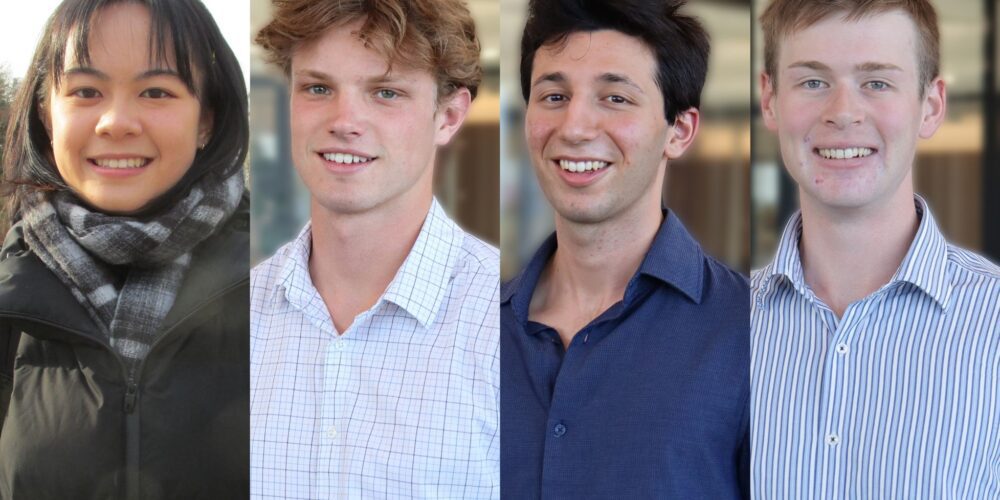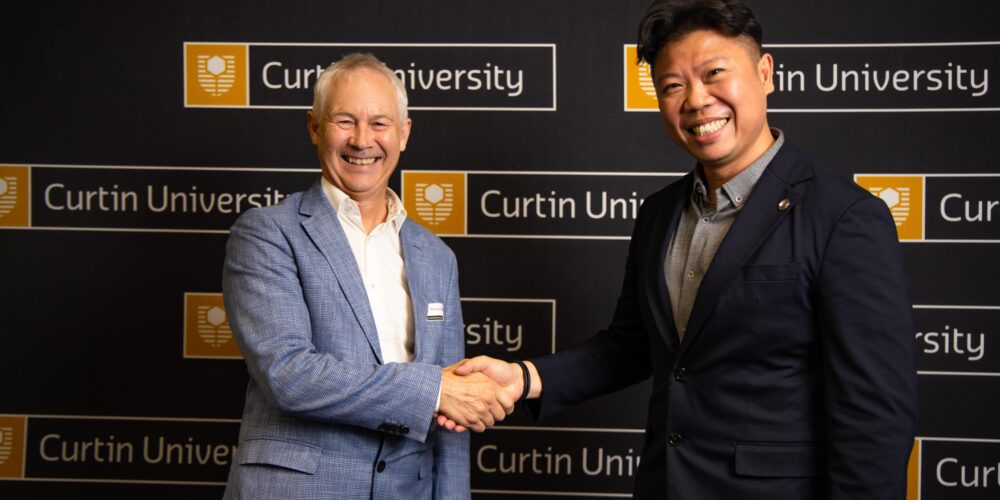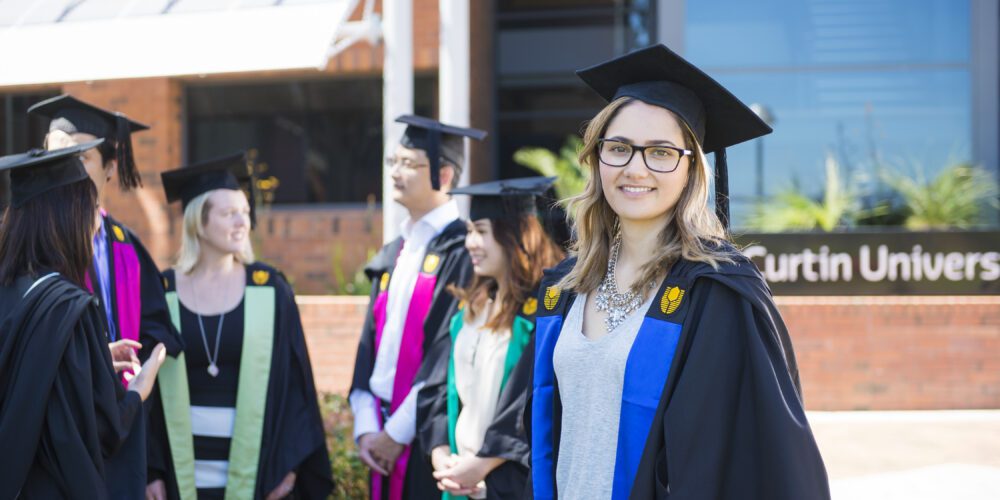Curtin research into impact of health on retirement could bolster workforce

Curtin University research has found that ill-health, both long-term and shorter-term ‘health shocks’, such as a serious injury or bout of illness, were likely to lead to earlier shifts not only from fulltime work to retirement, but also to part-time work or self-employment for older Australians.
Based on the findings, published in Oxford Bulletin of Economics and Statistics, researchers believe government policies should be developed to both specifically target older workers recently hit by unexpected health changes and to make part-time and self-employment more flexible to encourage people to work longer.
Co-author John Curtin Distinguished Professor Mark Harris, from Curtin’s School of Economics, Finance and Property, said as retirement age increased across the world, understanding different pathways for transitioning from full-time employment was crucial to the design of government policy.
“Our research provides robust evidence around the role of health in influencing employment and retirement decisions and so may help governments to devise more targeted incentives for older workers to remain active in the labour market,” Professor Harris said.
“Our analysis was motivated by both the scarcity of knowledge and mixed findings around the relationship between ill-health and different paths into inactivity for workers in the latter stages of their work lives.
“The research also highlights the need for older Australians to be very aware of health and health conditions, especially as these are likely to affect their transitions from employment into eventual retirement.”
Professor Harris said while the research found that older Australians experiencing a health shock or having a long-term health condition had a lower propensity for full-time employment and a higher likelihood of retirement, it also often led to part-time or self-employment.
“We found one-off health changes or ‘shocks’ can yield large decreases in full-time employment and increases in inactivity as well as a rise in the uptake of retirement pathways such as part-time work and self-employment for both men and women,” Professor Harris said.
The research was done in collaboration with Professor Xueyan Zhao from Monash University and Dr Eugenio Zucchelli from Lancaster University and Madrid Institute for Advanced Study-Autónoma, University of Madrid.
The paper, titled ‘Ageing Workforces, Ill-health and Multi-state Labour Market Transitions’, is available online here.



